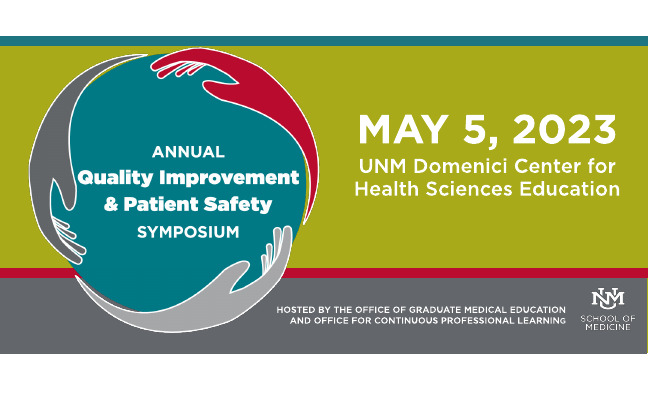Document Type
Poster
Publication Date
3-6-2020
Abstract
Background:
Frailty has long been recognized as a risk factor for prolonged hospitalization and discharge to skilled nursing facilities post general surgery in elderly patients (1). It has been shown that pre-operative rehabilitation programs can reduce length of stay and improve functionality post cardiothoracic surgery (2). In kidney transplant recipients, frailty is associated with 94% increased risk of delayed graft function (3) and 61% increased risk of early hospital readmission (4). In our center’s post-transplant population, we identified frailty as one of the factors that led to early mortality (within one-year post-transplantation) in two of our elderly patients.
CQI Project Description:
Previously, frailty had not been part of our pre-transplant evaluation process, thus we decided to create a frailty assessment (a combination of the Frail scale and the Fried phenotype assessment) to identify frail patients (5). In August of 2019, we initiated a CQI project in which the pre-kidney transplant patients at our center would undergo a frailty assessment at the initial pre-transplant evaluation as well as subsequent annual pre-transplant evaluations. Patients identified as being frail would then be referred to physical therapy programs and then be re-evaluated post-therapy to determine if their frailty assessments have improved. Based on the assessments patients may be taken off of the wait-list for kidney transplant if their frailty assessments do not improve with this intervention. For those patients who are able to proceed with transplantation after intervention and improvement in frailty assessment, we will review their length of stay, readmission rate within the first 30 days post-transplantation, patient mortality within one year and graft function at one year.
Interim Status of CQI Project:
Since the initiation of this initiative on 08/01/2019 through 10/31/2019, 107 total patients undergoing pre-transplant evaluation have undergone frailty assessments. The average score on initial Frail scale assessment has been zero with the scale ranging from zero to five. Patient’s with a three or higher (4.67%) have been referred to physical therapy to increase strength and mobility. As this time, none of the patients has yet completed physical therapy intervention. We plan to assess the impact of this program on transplant graft and patient outcomes as well as post-transplant hospitalization. We will review this data in our transplant quality assessment and improvement meetings.
Recommended Citation
Al-Odat, Rowan. "CQI Project Utilizing Pre-transplant Frailty Assessment to Improve Transplant Outcomes." (2020). https://digitalrepository.unm.edu/hsc_qips/6




Comments
Presented at the University of New Mexico Health Science 2020 Annual Quality Improvement and Patient Safety Symposium